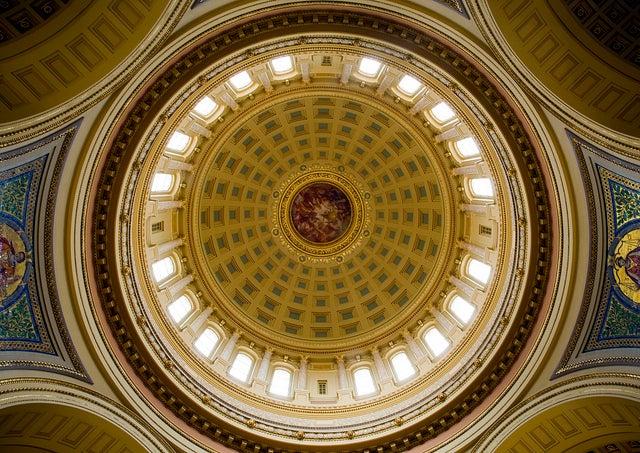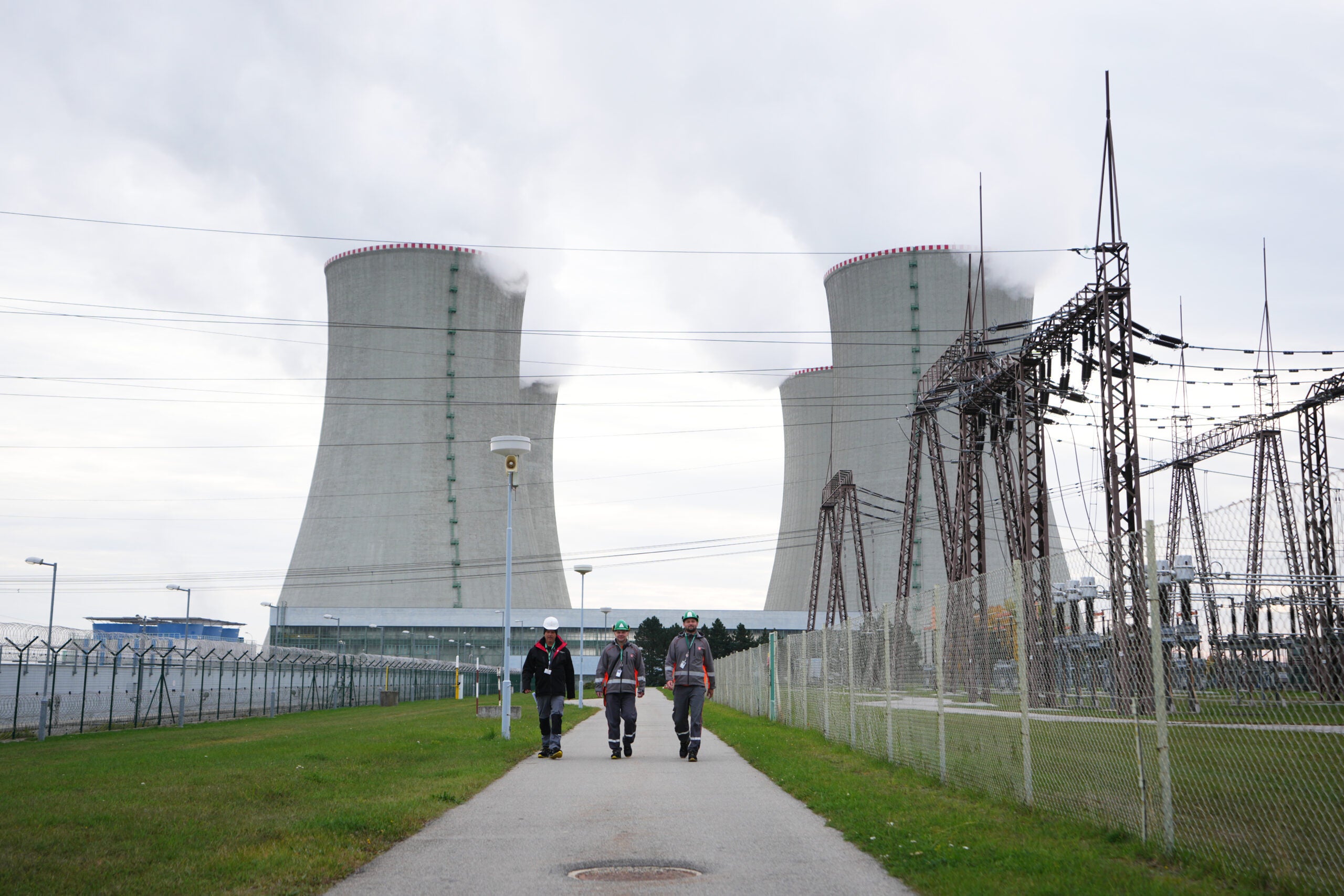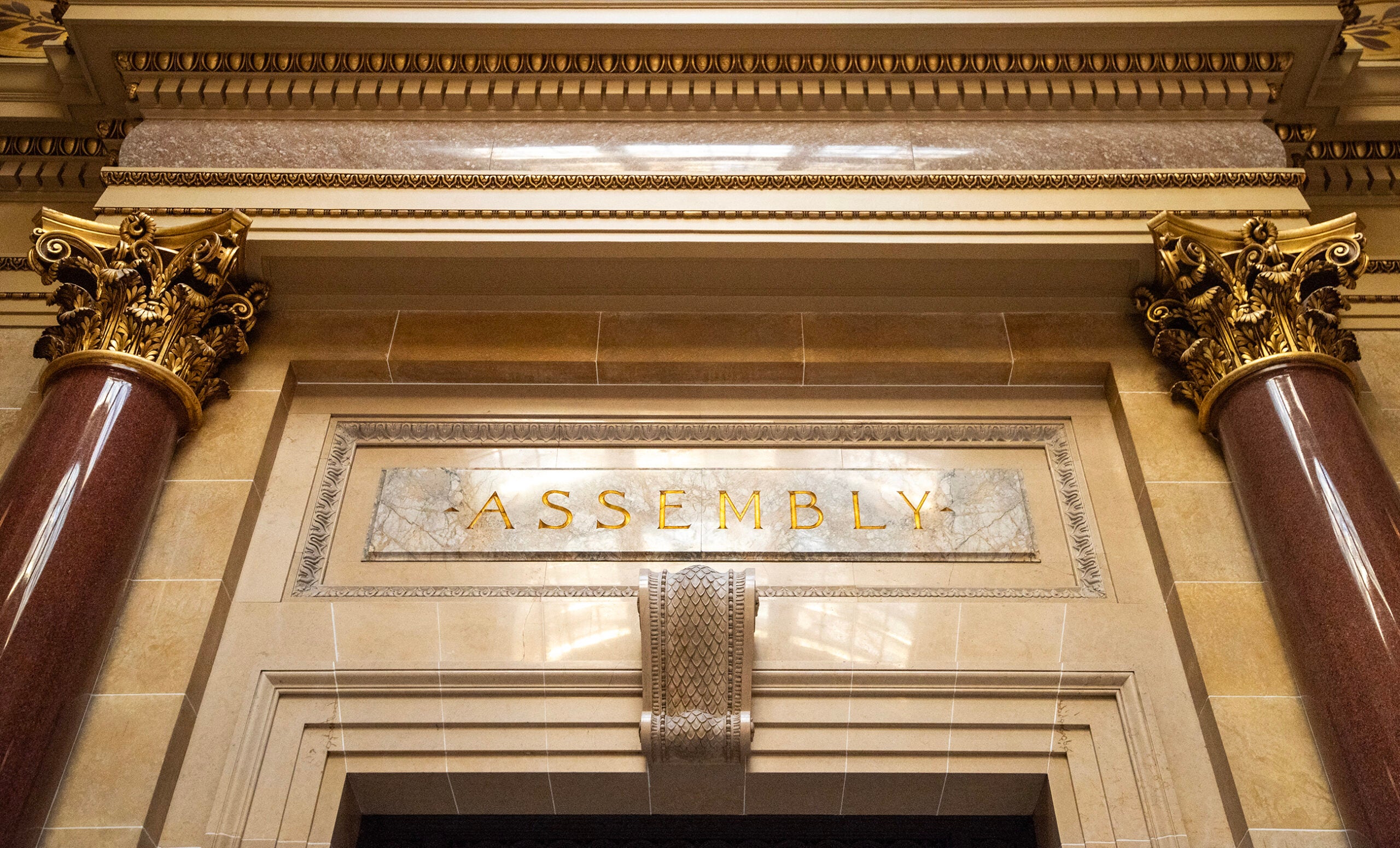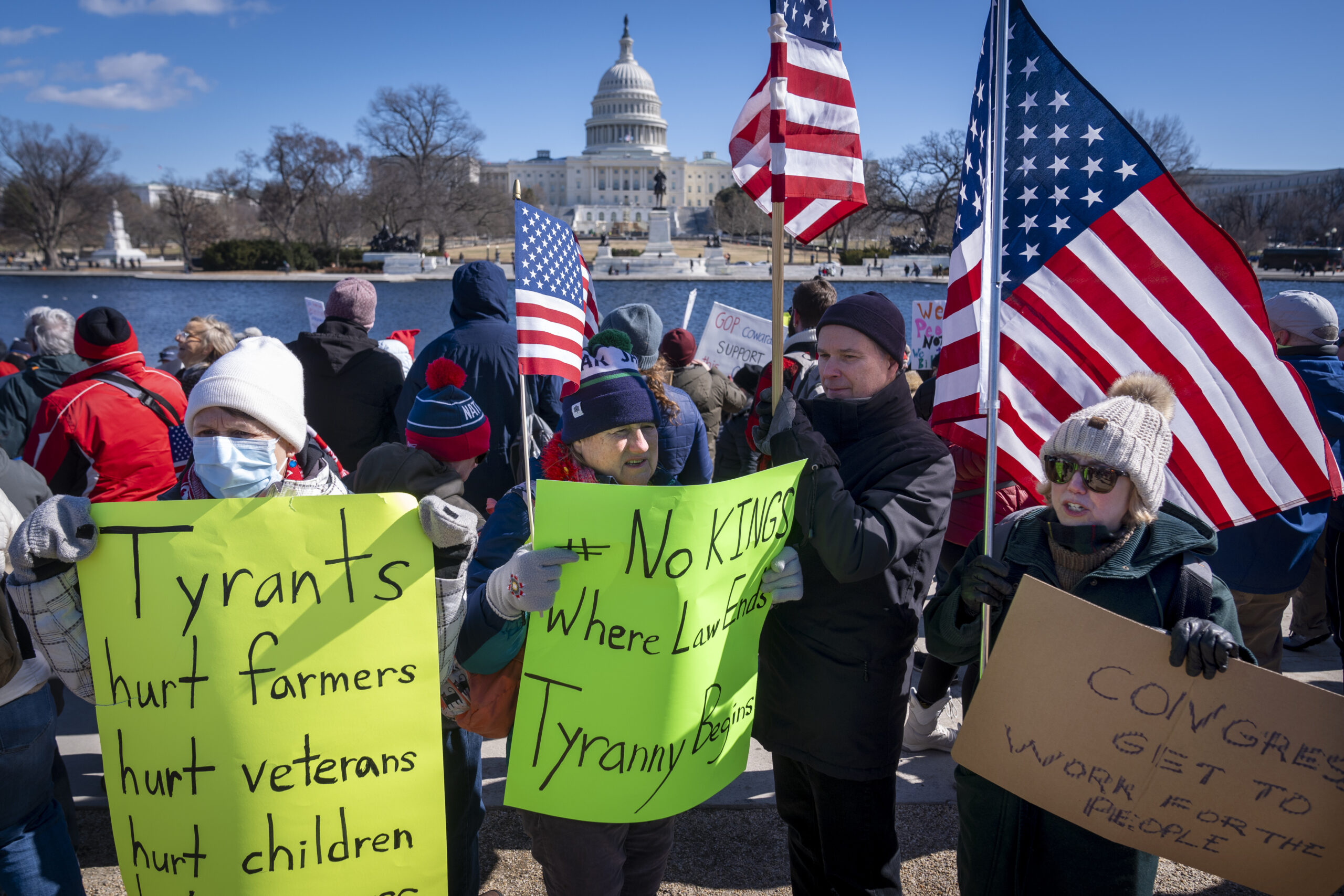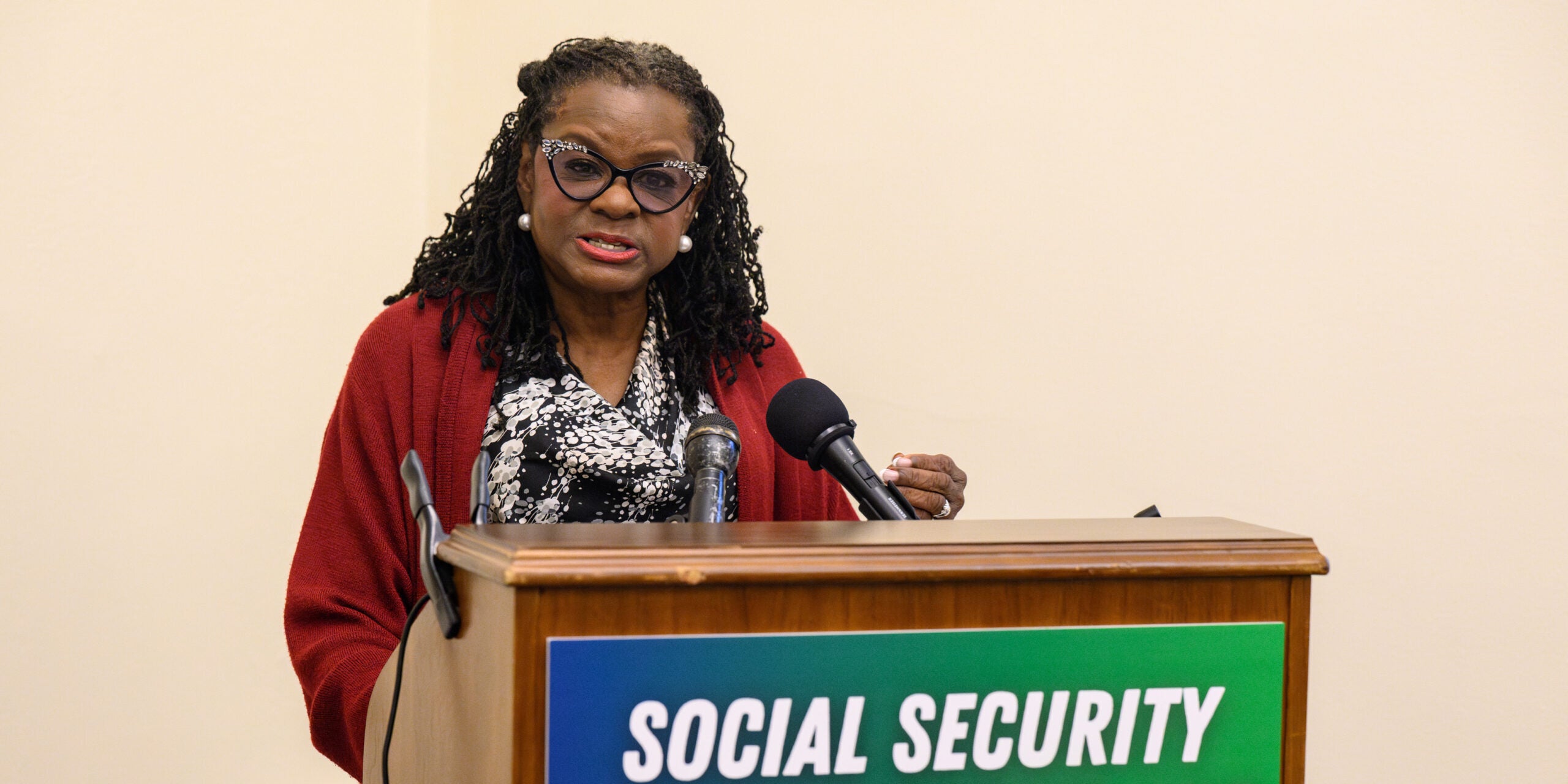State government would cut checks to Wisconsin parents and a Fox Valley consumer products company under bills approved on what could be the final session day of 2018 for the Wisconsin Assembly.
Gov. Scott Walker introduced both plans within the last month as he looks to put the finishing touches on his 2018 re-election platform.
The Assembly voted 61-35 for Walker’s child tax credit, which would offer parents $100 for every child under age 18.
News with a little more humanity
WPR’s “Wisconsin Today” newsletter keeps you connected to the state you love without feeling overwhelmed. No paywall. No agenda. No corporate filter.
Parents would need to file a claim with the state by the end of June to receive the payment. The checks would arrive by Sept. 1, just a couple months before the general election.
“This is an election year bribe is what it is,” said state Rep. Gary Hebl, D-Sun Prairie.
Several Democrats argued the money would be better off saved or spent on expenses like expanding broadband or replacing lead pipes.
Rep. Tyler August, R-Delavan, said it showed the difference between Republicans and Democrats.
“We want to give the money back to the people who sent it in,” August said. “Whereas the people on the other side of the aisle think that they should be spending it here in Madison.”
That same bill would also create a one-time sales tax holiday the weekend of Aug. 4-5 that would be open to anyone.
The holiday would waive Wisconsin’s 5-percent sales tax on all purchases under $100. People who make multiple purchases that weekend would have the sales tax waived each time.
The other bill approved Thursday night would offer Foxconn-style tax breaks for consumer products company Kimberly-Clark, which announced last month it would close plants in Neenah and Fox Crossing, cutting 600 jobs.
While Walker said recently he would be open to offering similar tax breaks to other major paper companies, the plan up for a vote Thursday would be limited to Kimberly-Clark facilities in Neenah and Fox Crossing.
If Kimberly-Clark reverses course and keeps its plants open there, it would be eligible for tax credits of 17 percent on employee wages and 15 percent on capital expenditures. It would also be exempt from the state sales tax on capital expenditures for five years.
Supporters of the proposal argued the state should offer the deal in an attempt to keep hundreds of good-paying jobs in the state.
“They’re a good, solid company with a long history,” said Rep. Jim Steineke, R-Kaukauna, who sponsored the bill. “So, I guess the question everybody in this room has to answer at some point is, ‘What are you going to say you did to help those Kimberly-Clark families, to help save their jobs?’”
The tax credits would be refundable, meaning state government would likely be paying Kimberly-Clark to do business in the state, just as the state is projected to do with Foxconn.
While at least one of Walker’s potential Democratic rivals in 2018 has said he supports the plan, a coalition of conservative groups announced Wednesday that they’re opposed.
Leaders of the Wisconsin Institute for Law and Liberty, the MacIver Institute and others wrote that the plan was “simply bad economics and sets a troubling, if not unsustainable, precedent,” warning conservatives that if they pay one business to stay here, others will expect the same treatment.
“Bailouts are bad business,” the groups wrote at the conservative website RightWisconsin.com. “They take money that might have been put to more productive uses and divert it to whatever faltering businesses politicians want to save.”
Assembly Democrats also argued the move would set a bad precedent.
“What are we going to do when every company in Wisconsin threatens to take their jobs out of state if we don’t pay 17 percent of their payroll?” said Rep. Mark Spreitzer, D-Beloit.
Democrats also questioned whether the deal would actually motivate Kimberly-Clark to reverse its decision to close two facilities.
“This is another game to say you did something when you know this will do nothing for people in the Fox Valley or the state of Wisconsin and nothing to keep these jobs here,” said Rep. Amanda Stuck, D-Appleton.
Kimberly-Clark was founded in Neenah in 1870 and produces a variety of products, including Huggies diapers and Kleenex tissues.
The Wisconsin Economic Development Corp. estimates the Kimberly-Clark tax credit would cost the state up to $7.8 million per year over the next 15 years.
The child tax credit and sales tax holiday would cost the state an estimated $173.6 million, according to the legislature’s budget office.
Neither plan has passed the state Senate, which is expected to hold its final session day in March.
Sen. Majority Leader Scott Fitzgerald, R-Juneau, has said some of his Republican colleagues have issues with the sales tax holiday, and he has not said whether the Senate will take up the Kimberly-Clark bill.
Editor’s Note: This story was updated at 10:20 p.m. on Thursday, February 22, 2018. Laurel White contributed reporting.
Wisconsin Public Radio, © Copyright 2025, Board of Regents of the University of Wisconsin System and Wisconsin Educational Communications Board.

